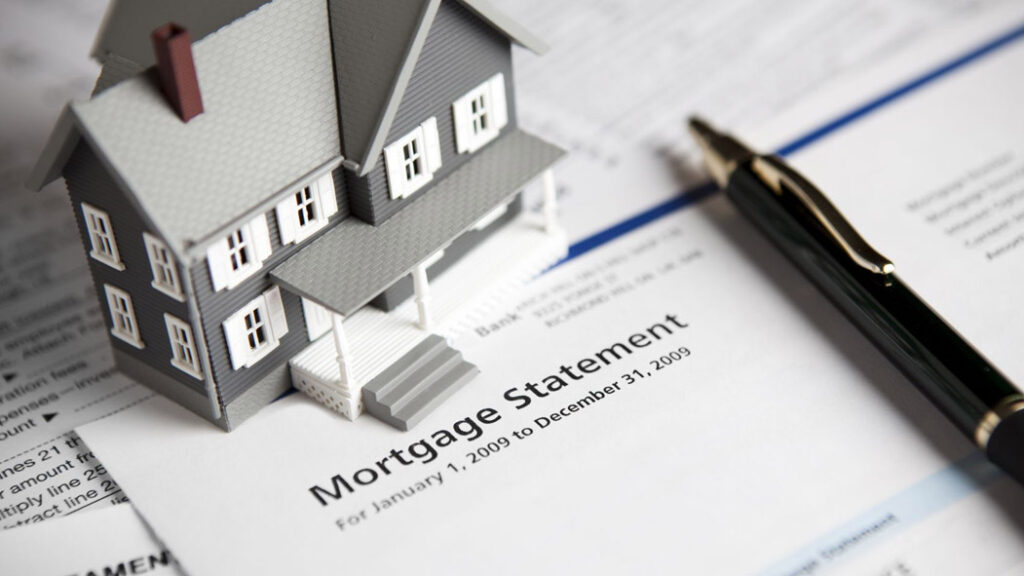Looking to buy a home? Don’t even think about applying for a mortgage until you’ve checked off all the items on this list! From making sure your credit score is in good shape to having enough money saved up for a down payment, getting your finances in order is critical when it comes to home loan readiness.
So, Start Planning Now And Before You Know It, You’ll Be Ready To Take The Next Step On The Homeownership ladder.
-
A Good Credit Score
The number of your credit score indicates your creditworthiness, and it is used by lenders to determine whether you are a good candidate for a loan. You have better odds of being approved if your credit score is higher.
-
A Steady Job
Lenders want to see that you have a steady source of income so that they can be confident that you will be able to make your monthly mortgage payments. If you have been at your job for at least two years, that is usually seen as a good sign by lenders.
-
A Down Payment
When applying for a loan for a home, you will need to put down a down payment. This is money that you pay upfront, and it is typically equal to 3-20% of the total loan amount. The size of your down payment will affect the interest rate on your loan.
Click here – Is Infosys A Strong Buy In 2023?
-
Proof Of Income
When applying for any type of loan, you will be asked to submit proof of income. This documentation will be used by lenders to verify your income and determine how much money they are willing to lend you.
-
Proof Of Assets
In addition to proof of income, you will also need to provide proof of assets. This can include bank statements, investment accounts, or other documentation that shows how much money you have available to use as a down payment or for closing costs.
-
A Good Debt-To-Income Ratio
When considering your application, lenders look at your debt-to-income ratio. They use a special formula that divides your debt by your income to see what your result is. If that number is too high, you may find it difficult to get approved for a loan.
-
A Reasonable Loan Amount
When applying, it’s important to request an amount that you know you can afford to repay each month. Lenders will typically approve loans based on your ability to make the monthly payments, so it’s important not to bite off more than you can chew.
-
Fixed Interest Rate Loans Are Best
If given the choice between fixed and adjustable interest rate loans, it’s generally best to choose the fixed interest rate option. With this type of loan, your interest rate will remain the same throughout the life of the loan, which makes budgeting easier and helps avoid surprises down the road.
Additionally, fixed-interest rate loans typically have lower interest rates than adjustable-rate loans do.
Click here – Saving For A Home Loan Deposit In Melbourne
-
You May Need Insurance
If you have less than twenty percent for your down payment this insurance protects the bank in case the borrower, you, defaults on the loan. If you are putting less than twenty percent down on your home, most lenders require that borrowers get private mortgage insurance (PMI).
Borrowers with PMI are required to pay an additional premium added to their monthly payment.
-
Be Ready For Additional Costs
There are additional costs associated with owning a home beyond just the monthly payment. These costs can include HOA dues, homeowners’ insurance, property taxes, and repairs/maintenance.
It’s important to factor these additional costs into your budget when considering whether you can afford a particular home.
